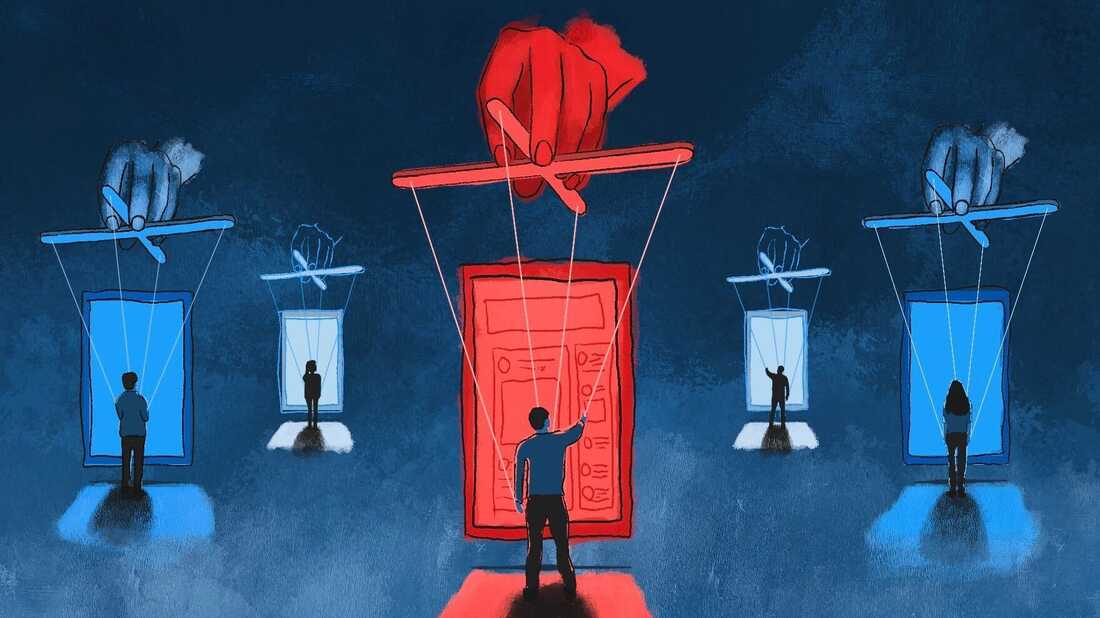A disturbing trend has emerged on social media, where AI-generated personas are weaponized to spread racially charged narratives while masquerading as authentic voices. Recently, a series of videos featuring an AI avatar named "Josh" has raised alarms about the manipulation of public sentiment and the ethical implications of artificial intelligence in media.
AI-Generated Persona Spreads Misinformation
These videos depicted a white man lamenting his job search in Canada, claiming that Indian immigrants were taking all available positions, particularly at popular chains like Tim Hortons. Such narratives are not just misleading but dangerously divisive, preying on existing anxieties in a country grappling with immigration and economic challenges. The fact that "Josh" is a fabrication—an AI-generated figment—only amplifies the ethical concerns surrounding this form of media manipulation.
Racially Charged Messaging Goes Viral
As reported by CBC News, the TikTok videos were taken down after being flagged for violating community guidelines. The platform"s decision came too late for many who had already engaged with the harmful content. The creator of "Josh," Divy Nayyar, attempted to position the persona as a satirical take on job market frustrations, but marketing experts have called such tactics unethical and manipulative.

Illegal Yukon worker gets excluded - Yukon News
Fake-Fluencing and its Dangers
This incident is part of a broader trend known as "fake-fluencing," where brands use AI to create fictitious characters, thereby blurring the line between reality and fiction. According to experts, this kind of content can easily slip into the realm of propaganda, echoing the tactics of far-right groups that thrive on fear and misinformation. The videos not only misrepresent the realities of job competition but also serve to racialize economic frustrations, directing blame towards immigrants rather than addressing systemic issues.
Implications for Media Literacy and Ethics
The rise of AI in media raises significant ethical questions about accountability and transparency. As noted by Frontiers in Communication, AI-generated content can perpetuate false narratives with disturbing ease. The challenge lies in the consumer"s ability to discern reality from fabrication, especially when the technology becomes increasingly sophisticated. The potential for AI to produce content that is indistinguishable from real human expression poses serious risks for democratic discourse.

How Social Media Misinformation Could Impact 2020 Election : NPR
Call for Regulatory Action
In light of these events, there is an urgent need for comprehensive regulatory frameworks to govern the use of AI in media. Platforms like TikTok must be held accountable for the content they host and the narratives they amplify. The lack of clear labeling for AI-generated videos, as highlighted by TikTok"s own policies, allows for the proliferation of deceptive content that can incite division and hatred. We must advocate for stricter guidelines that require transparency in AI-generated media to protect vulnerable communities and foster informed discourse.







![[Video] Gunfire between Iraqi security forces and Sadr militias in Baghdad](/_next/image?url=%2Fapi%2Fimage%2Fthumbnails%2Fthumbnail-1768343508874-4redb-thumbnail.jpg&w=3840&q=75)
